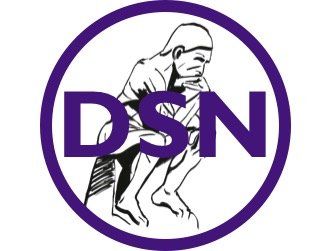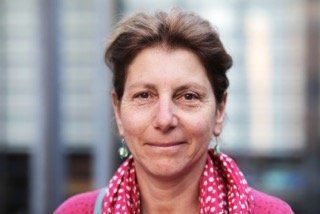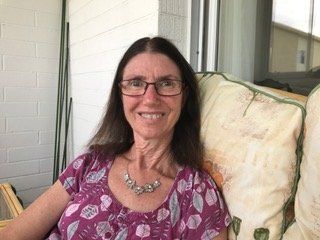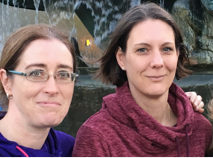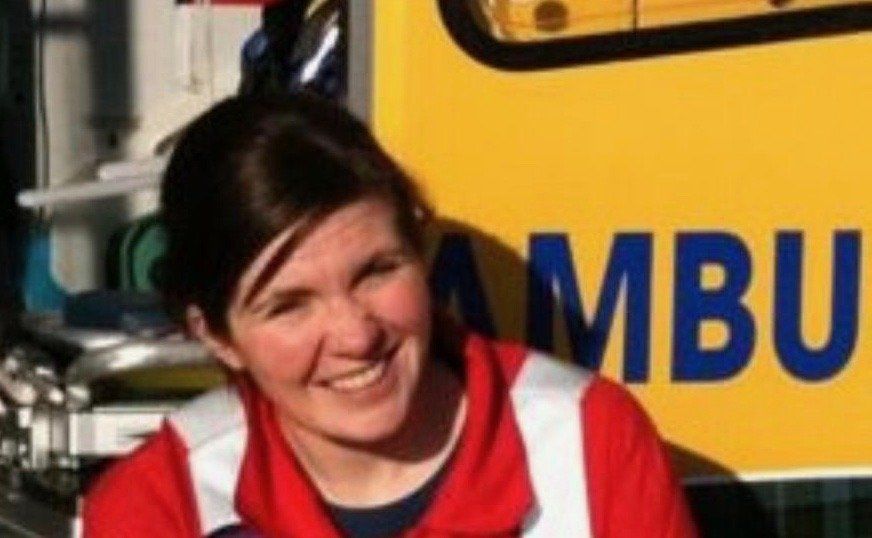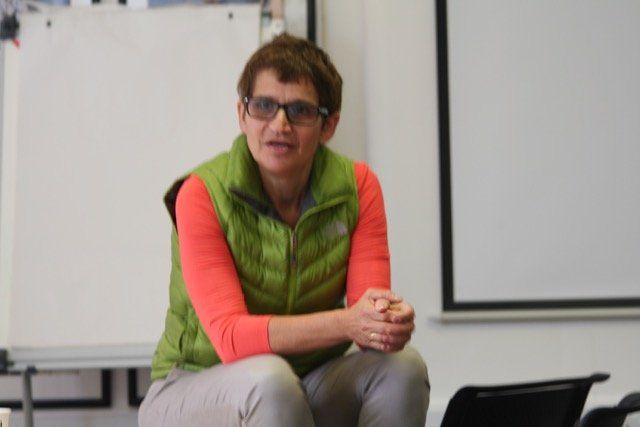Get involved with running DSN!
Ever thought about helping to run DSN? DSN was initially set up and is entirely run by its members, all of whom are medics with a mental health concern or people who support the aims of the organisation.
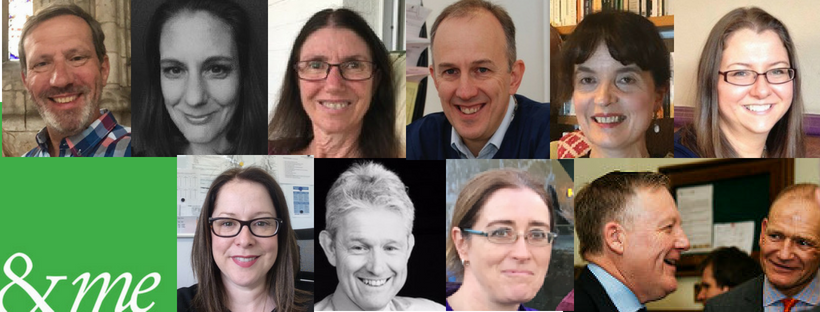
Why volunteer with DSN?
Because it is interesting, fulfilling and good for your own wellbeing! In addition, representing DSN at physician health meetings and events is also an excellent opportunity to connect with all the major organisations in UK physician health.
N.B. There is no expectation that DSN committee members will support other unwell medics one to one. Committee members may, of course, choose to anonymously support other members in the protected environment of the DSN Support Forum.
Why are we (current committee) involved in running DSN?
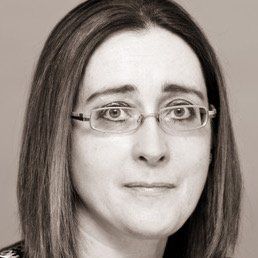
Dr Louise Freeman, co-chair: ‘ Because, when I was sick, I felt as if I was the ‘only one’ and it was a very lonely experience. Physician health is a quickly developing area in the UK and I think that it is important that we contribute an informed user opinion.’
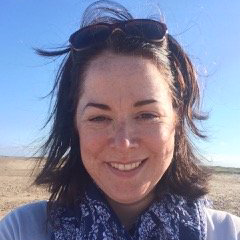
Dr Susan Atcheson, membership secretary: 'I joined DSN when I was recovering from depression. My first contact was by pitching up at the AGM but I could not have been made to feel more welcome. For me finding doctors who have experienced mental illness and who are willing to speak out about it has been the most helpful aspect of DSN. I feel empowered to speak out myself and I take strength from the experiences and stories of my DSN colleagues'
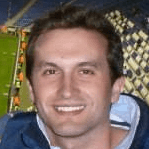
Dr Matt Christie, general secretary: 'DSN provided me with a safe space for support at a time when I needed it most and reassurance that I was not alone in my experiences of mental ill-health as a doctor. It’s since been my privilege to continue DSN’s good work and its advocacy of physician health as part of the committee.'

Dr Malcolm Kinnear, vice chair: ' I joined DSN in 1999 when I was myself severely depressed, & found myself organising its Scottish meetings from 2003, joining the DSN Committee after some years of advocating for better mental healthcare for doctors in Scotland. DSN played an important role in my own recovery & return to work, & as a consultant general adult psychiatrist, I feel that it is important that I use my life experience, skills & contacts to help doctors & students to access appropriate healthcare & support, in which context a peer support charity such as DSN has special relevance & credibility due to doctors' widespread mistrust of official bodies on the grounds that their purpose seems more to protect patients than support doctors. '
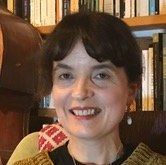
Dr Rebecca Lawrence, committee member: 'I joined because DSN provided me with support some years ago, & this was the first time I had received any peer support in a long history of illness. I also have years of experience as a trainer and educator, peer supporter and GMC supervisor. Recently I have written about my own experiences, and have started a blog. I hope that sharing this will provide hope and support to others.' Link to Rebecca's blog here
Do you need to be an expert on physician health to be on the DSN committee? Definitely not – you merely need to be enthusiastic and happy to contribute some of your time.
Where are the meetings? We hold most of our meetings by telephone conference call. Committee members need to have access to a telephone on which they pay for the call i.e. not a work line. Our AGM takes place face to face in an accessible venue in the UK.
What skills are needed to contribute to DSN? DSN does not have a physical office so ability to use a computer is essential as the committee is dispersed around the UK. We communicate between meetings via the committee email forum.
We are trying to create a system for DSN which is not dependent upon individual skill sets e.g. our website is built on a widely used commercial platform of the ‘drag and drop’ type.
What if I’m not well and can’t take part in a DSN meeting / do the task that I have undertaken? DSN understands that any of us can be unwell and need some time off at any time. DSN committee members are encouraged to communicate with their colleagues if this is the case so that we know what is happening.
Changing the world – or not! It’s easy in the under resourced area of physician health to feel as if DSN ‘should’ have big ideas and projects. From our organisational experience, we now aim for small, achievable goals so that we can keep moving forwards rather than failing to complete bigger projects and becoming discouraged.
The details re. DSN committee
The DSN committee is elected annually at the AGM. DSN Full, Student or Associate members are eligible to be on the DSN committee.
Charity requirements DSN is registered as a charity with the Charity Commission (England & Wales) and the Office of the Scottish Charity Regulator (Scotland). We are required to hold an Annual General Meeting (AGM) and submit an annual return and accounts.
The Charity Commission requires that all committee members are also trustees of the charity. Eligibility criteria for being a charity trustee are detailed in the DSN trustee guidelines here.
DSN roles DSN has officer roles: chair , vice chair, treasurer , general secretary and membership secretary. The main tasks for each of these roles are hyperlinked to the role titles above. In addition, there are other tasks which we need to do, which are not linked to the officer posts.
If you have any questions about the committee, please get in touch via our contact page here

